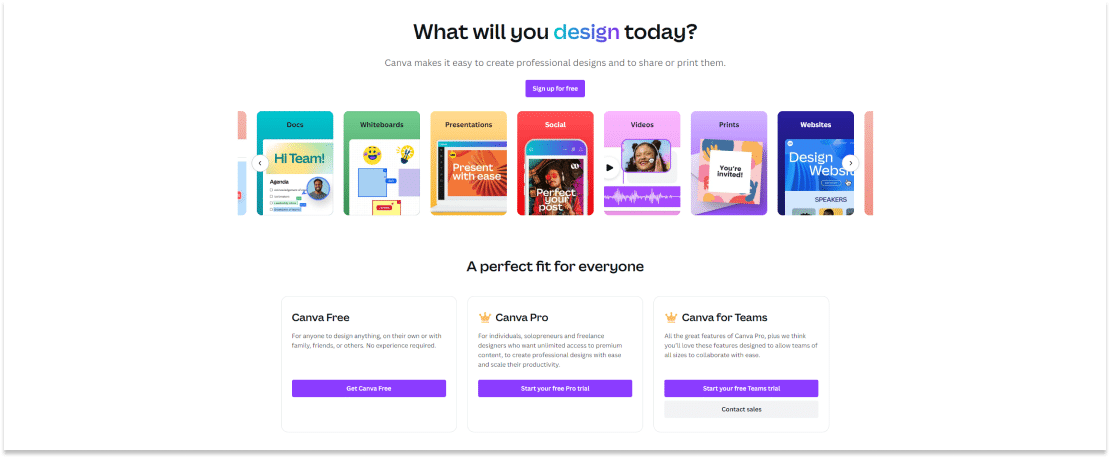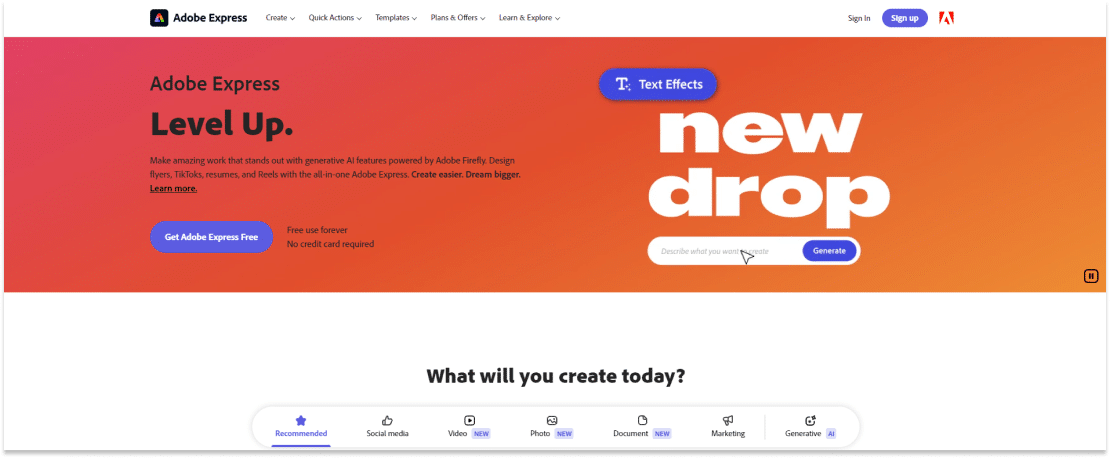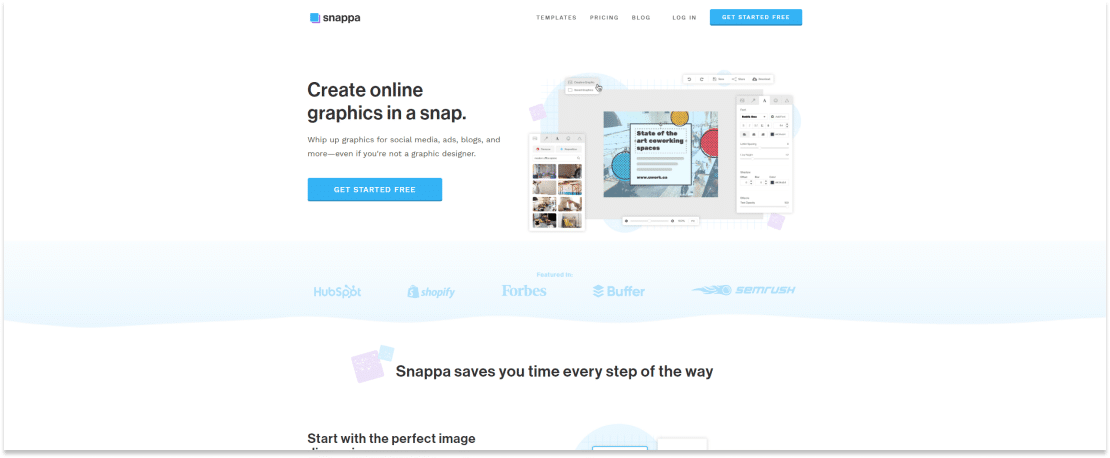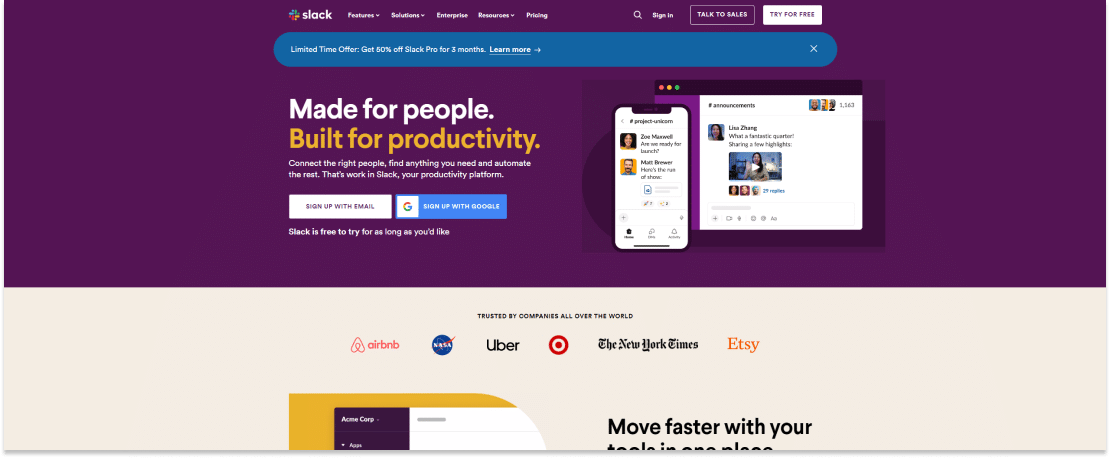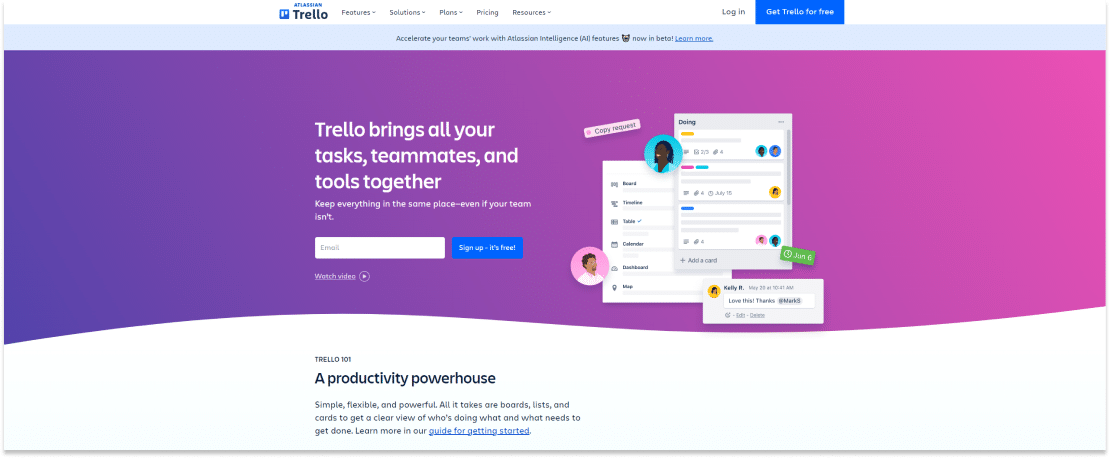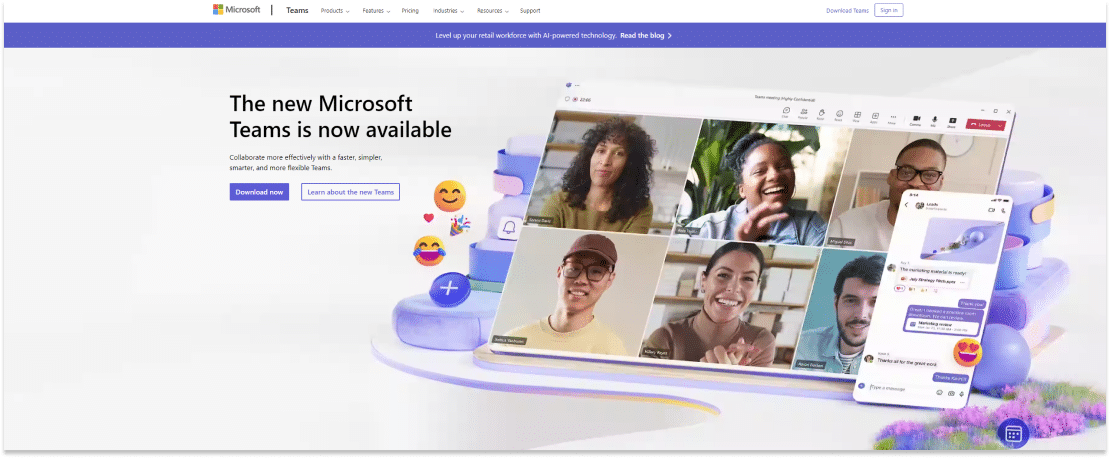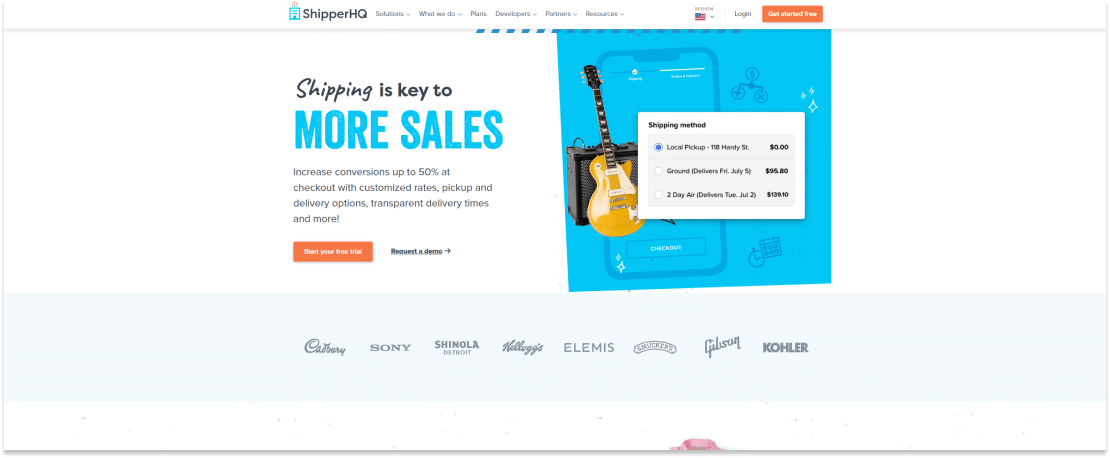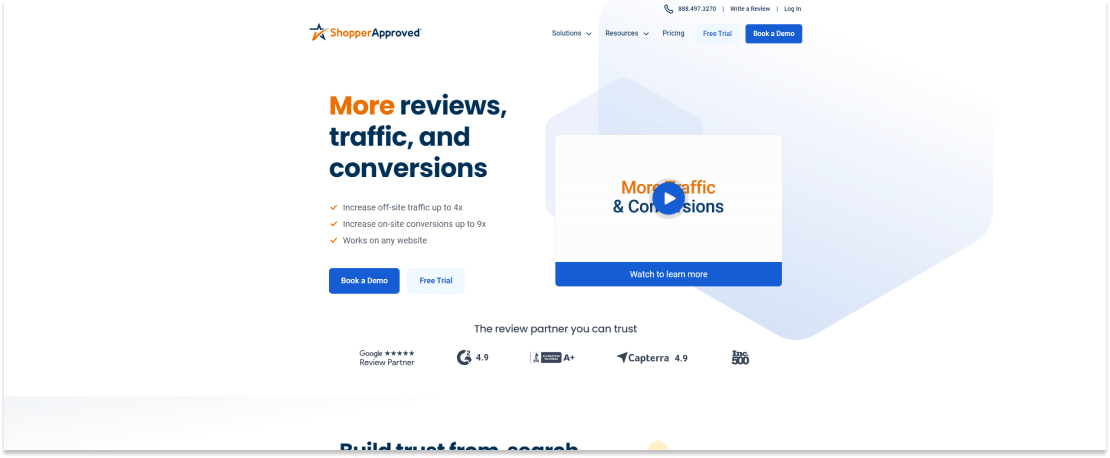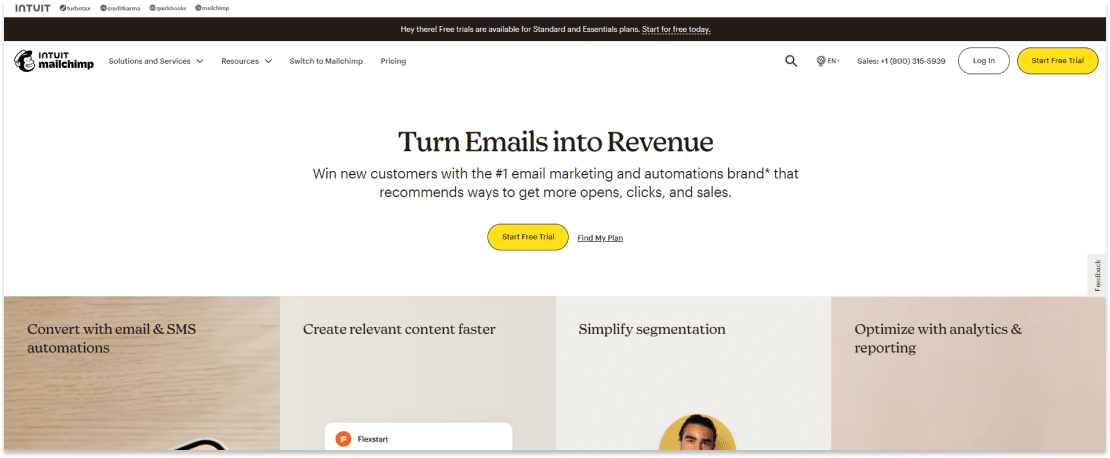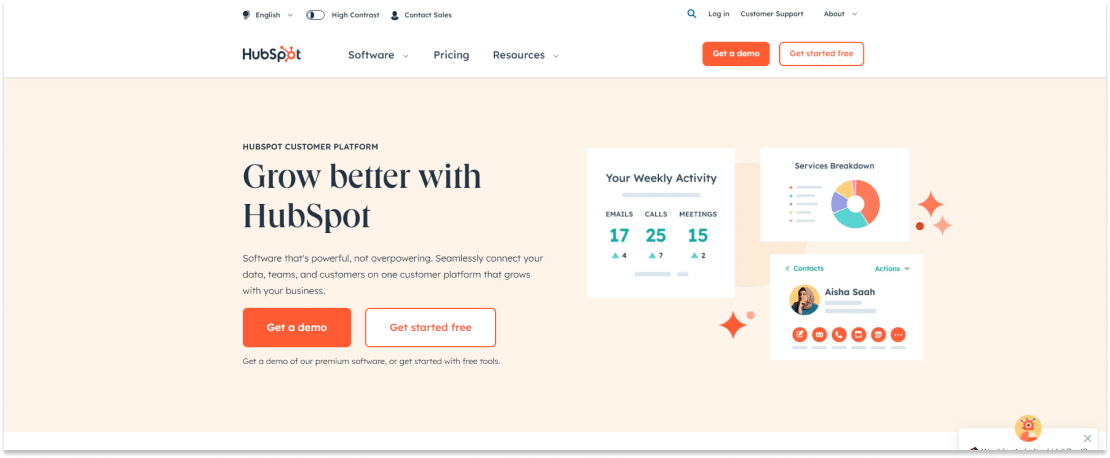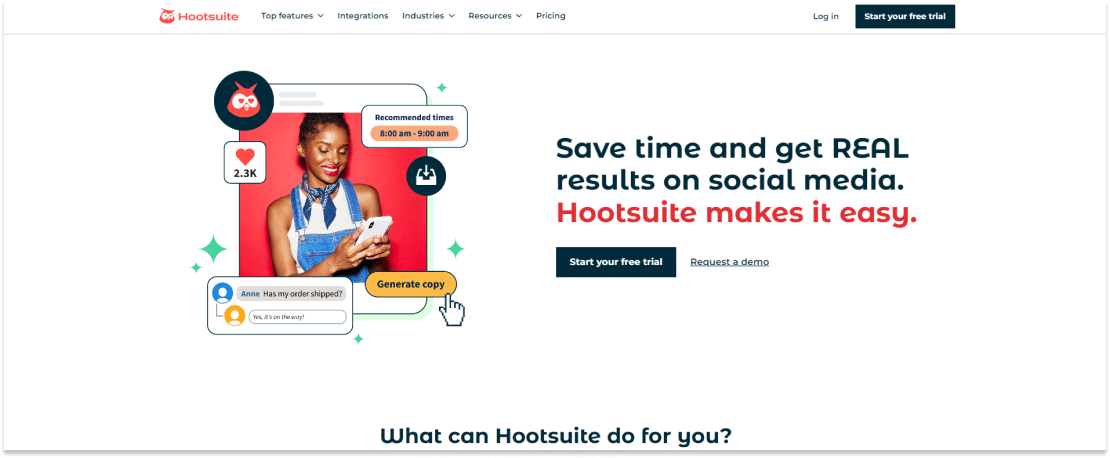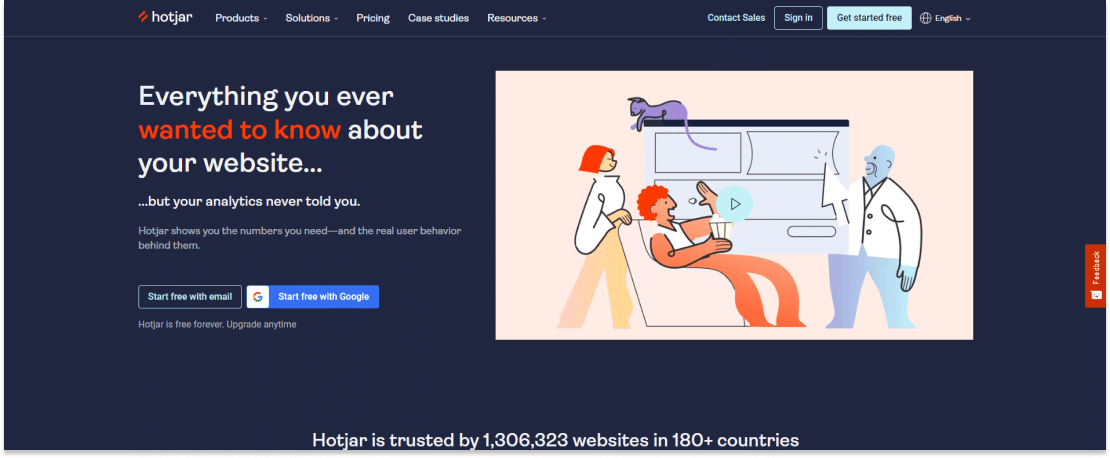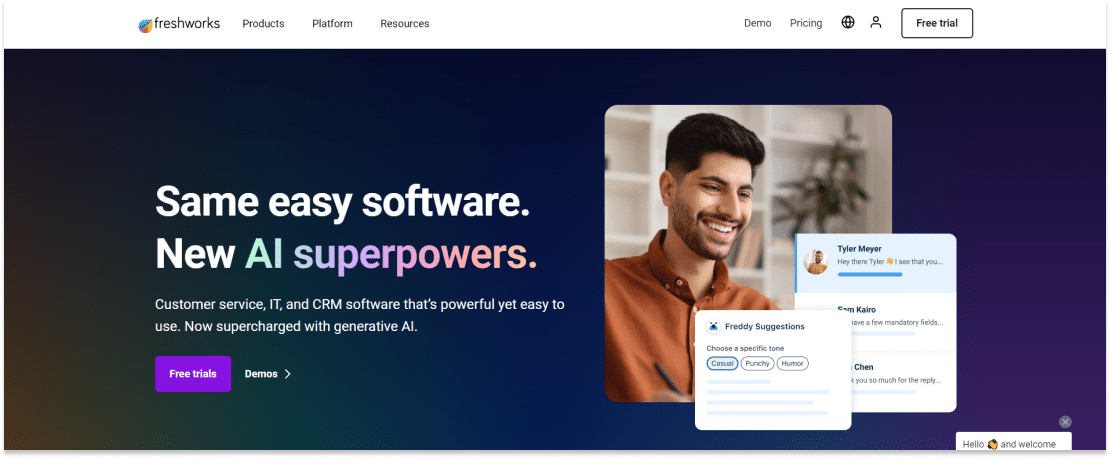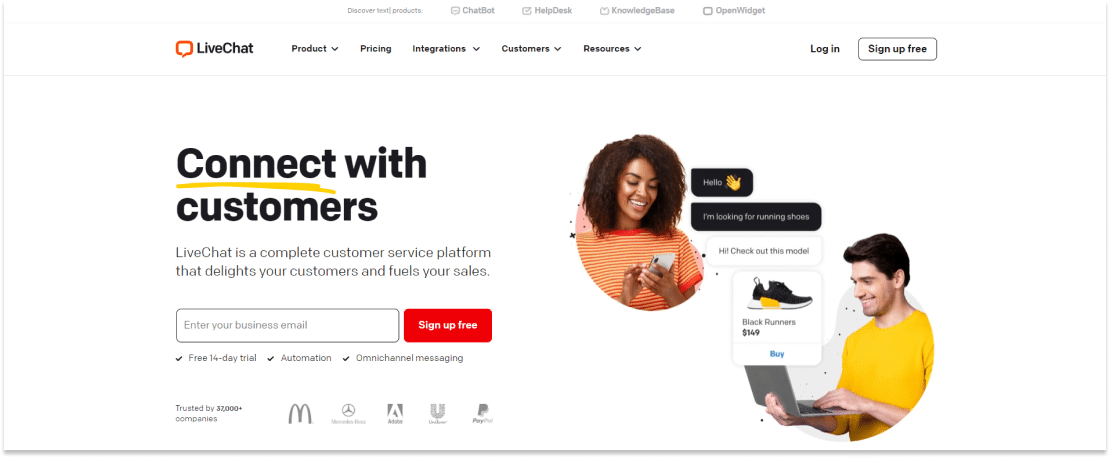
Introduction
Welcome to the dynamic realm of eCommerce, where the strategic utilization of tools is paramount for success. As a leading Digital Marketing Agency, our unique position grants us profound insights into the intricacies of successful eCommerce businesses. In this comprehensive guide, we delve into a diverse array of essential solutions that empower online businesses. Navigating the competitive digital landscape requires a keen understanding of the tools that enhance content creation, communication, logistics, marketing, analytics, and customer service. Join us as we explore the marketing tools that play a pivotal role in helping businesses not only survive but thrive in a packed and competitive market.
Content Creation
Canva
Canva stands as a versatile and indispensable design tool for eCommerce businesses, offering a wide range of capabilities for creating visually appealing graphics, social media posts, and various marketing materials. What sets Canva apart is its user-friendly interface, making it accessible to users with diverse design skills. With a vast library of templates, drag-and-drop functionality, and collaborative features, Canva empowers eCommerce entrepreneurs to effortlessly design eye-catching visuals that enhance their brand identity and captivate their target audience. Whether crafting product images, promotional banners, or social media content, Canva streamlines the design process, enabling businesses to maintain a polished and professional online presence.
Adobe Express
Adobe Express emerges as a go-to solution for eCommerce businesses seeking a straightforward and efficient method to craft compelling graphics, web pages, and video stories. Renowned for its user-friendly interface and robust design features, Adobe Express simplifies the creative process, enabling businesses to generate visually striking content without requiring extensive design expertise. Its adaptability in handling various media types, from static images to dynamic videos, positions it as an invaluable tool for eCommerce entrepreneurs aiming to showcase products, promotions, and brand narratives across diverse platforms. The seamless integration of Adobe Express with other Adobe Creative Cloud applications further amplifies its capabilities, offering businesses a comprehensive suite to enhance their visual content strategy seamlessly.
Snappa
Snappa is recognized as an easy-to-use graphic design tool tailored specifically for eCommerce businesses aiming to create captivating social media graphics, blog images, and more. With a focus on simplicity and efficiency, Snappa streamlines the design process, allowing users to produce professional-quality visuals without the complexity often associated with graphic design tools. The platform offers a library of templates, graphics, and fonts, enabling eCommerce entrepreneurs to quickly customize and create stunning visuals that align with their brand aesthetics. Whether designing product images for an online store or crafting engaging blog post visuals, Snappa empowers businesses to maintain a visually cohesive and appealing online presence, contributing to increased brand recognition and customer engagement.
Communication and Internal Organization
Slack
Slack is a widely adopted team collaboration tool that plays a pivotal role in enhancing communication and file sharing for eCommerce businesses. With its user-friendly interface and real-time messaging features, Slack facilitates efficient communication among team members, fostering collaboration and reducing communication silos. The platform’s ability to create dedicated channels for different projects, teams, or topics ensures organized and focused discussions, while integrations with various apps and services streamline file sharing and information exchange. For eCommerce teams, Slack becomes an invaluable asset for keeping everyone connected, informed, and aligned, ultimately contributing to improved productivity and streamlined workflows.
Trello
Trello stands out as a versatile project management tool that leverages boards, lists, and cards to aid eCommerce teams in organizing and prioritizing tasks effectively. Trello’s visual approach to project management provides a clear overview of tasks and their status, making it easy for team members to collaborate and stay on top of project timelines. The flexibility of Trello’s card system allows eCommerce businesses to customize workflows based on their specific needs, ensuring a tailored approach to project organization. Whether managing product launches, marketing campaigns, or inventory updates, Trello’s intuitive design and collaborative features empower eCommerce teams to work cohesively, enhance task visibility, and achieve project goals with greater efficiency.
Microsoft Teams
Microsoft Teams emerges as a comprehensive collaboration platform that seamlessly combines chat, video meetings, file storage, and application integration for eCommerce businesses. As part of the Microsoft 365 suite, Teams offers a unified workspace where team members can communicate in real-time, conduct virtual meetings, and collaborate on shared documents. The platform’s integration with other Microsoft applications ensures a cohesive environment for eCommerce teams, allowing for efficient file sharing, document collaboration, and application connectivity. Microsoft Teams becomes a central hub for eCommerce collaboration, fostering teamwork and communication across various aspects of the business, from marketing initiatives to supply chain management. With its diverse set of features, Microsoft Teams facilitates a holistic approach to collaboration within eCommerce organizations.
Sales and Logistics
eCommerce Platforms
eCommerce platforms serve as the backbone for online businesses, providing a foundation for setting up and managing digital storefronts. These platforms, known for their versatility, empower businesses to establish a robust online presence, showcase products, and streamline the entire sales process. Equipped with intuitive interfaces and comprehensive features, eCommerce platforms facilitate catalog management, order processing, and secure payment transactions. These solutions are designed to cater to the diverse needs of businesses entering the digital retail space, offering flexibility, scalability, and customization options. Whether businesses opt for turnkey solutions or integrate plugins into existing websites, eCommerce platforms provide the essential infrastructure needed to navigate the complexities of online retail. By harnessing the capabilities of these platforms, eCommerce entrepreneurs can create seamless and engaging shopping experiences for customers while efficiently managing their product offerings and orders in the digital marketplace.
3rd-Party Shipping Tools
In addition to robust eCommerce platforms, the integration of 3rd-party shipping tools is paramount for enhancing the logistics and fulfillment aspects of online businesses. These specialized tools play a crucial role in automating and managing the shipping process efficiently. By seamlessly integrating with eCommerce platforms, 3rd-party shipping tools provide features such as automated label creation, real-time shipment tracking, and centralized order fulfillment management. Businesses can choose from a variety of these tools, selecting the one that best aligns with their shipping needs and preferences. This integration ensures a streamlined and optimized shipping operation, contributing to faster order processing, accurate deliveries, and improved overall customer satisfaction. The versatility and compatibility of 3rd-party shipping tools make them indispensable for eCommerce businesses looking to elevate their logistics capabilities and provide a seamless end-to-end shopping experience.
3rd-Party Reputation Management Tools
In the realm of online business, maintaining a positive reputation is paramount, and 3rd-party reputation management tools play a pivotal role in achieving this goal. These tools are dedicated to monitoring, analyzing, and influencing the online perception of a brand or business. Offering features such as sentiment analysis, review tracking, and social media monitoring, 3rd-party reputation management tools provide businesses with actionable insights into customer feedback and online sentiment. By consolidating data from various online channels, these tools offer a comprehensive view of a brand’s reputation, allowing businesses to proactively address issues, engage with customers, and highlight positive experiences. The versatility of 3rd-party reputation management tools makes them instrumental for businesses seeking to build trust, enhance their online image, and cultivate a positive relationship with their audience. From small businesses to established enterprises, integrating these tools into a broader digital strategy contributes to sustained brand credibility and customer loyalty in the dynamic landscape of online commerce.
Marketing
Mailchimp
Mailchimp stands out as a leading email marketing platform, specifically designed to empower eCommerce businesses in creating and executing effective email campaigns. With its user-friendly interface and a plethora of customizable templates, Mailchimp simplifies the email creation process, enabling businesses to craft visually appealing and engaging campaigns. The platform’s robust features include audience segmentation, automation, and analytics, allowing eCommerce marketers to target specific customer segments, automate campaigns based on user behavior, and track the performance of email campaigns. Mailchimp’s intuitive design and comprehensive tools make it an essential resource for eCommerce businesses aiming to build and nurture customer relationships through strategic email marketing initiatives.
HubSpot
HubSpot offers a multifaceted solution for eCommerce businesses by providing tools for marketing, sales, and customer service, all seamlessly integrated into a single platform. With a focus on customer relationship management (CRM) and marketing automation, HubSpot empowers eCommerce teams to streamline their processes and enhance overall efficiency. The platform’s CRM functionality enables businesses to organize and manage customer data effectively, while marketing automation tools facilitate personalized and targeted campaigns. HubSpot’s unified approach extends to sales and customer service, fostering a cohesive customer experience across the entire lifecycle. For eCommerce businesses seeking an all-encompassing solution to manage customer interactions, HubSpot serves as a comprehensive toolkit that aligns marketing, sales, and customer service efforts.
Hootsuite
Hootsuite emerges as a valuable social media management platform tailored for eCommerce businesses, offering features for scheduling posts and analyzing social media performance. With Hootsuite, eCommerce marketers can plan and schedule content across various social media channels, ensuring a consistent and strategic online presence. The platform’s analytics tools provide insights into social media performance, allowing businesses to track engagement, monitor trends, and optimize their social media strategy. Hootsuite’s central dashboard streamlines the management of multiple social media accounts, making it an efficient tool for eCommerce teams aiming to save time, maintain brand consistency, and make data-driven decisions to maximize their impact on social platforms.
Analytics
Google Analytics
Google Analytics stands as a foundational tool for businesses aiming to gain comprehensive insights into their online presence. This robust analytics platform offers detailed and granular data on website traffic, user behavior, and more. With a user-friendly interface and a wide array of customizable reports, Google Analytics empowers businesses to understand their audience, track the performance of marketing efforts, and make informed decisions to enhance the overall user experience. From traffic sources to conversion rates, Google Analytics provides a wealth of information that is invaluable for optimizing digital strategies and achieving business goals in the online landscape.
Hotjar
Hotjar is a powerful tool designed to delve deeper into user interaction with your website. By offering heatmaps, session recordings, and surveys, Hotjar provides businesses with an unparalleled understanding of how users engage with their site. Heatmaps visually represent areas of high user activity, while session recordings allow for a firsthand look at user journeys. Additionally, surveys enable direct feedback collection. Hotjar’s insights go beyond quantitative data, providing qualitative feedback that aids in identifying pain points, optimizing user interfaces, and ultimately improving the overall user experience. This user-centric approach makes Hotjar an essential tool for businesses committed to refining their online platforms based on real user behavior.
Mixpanel
Mixpanel is a specialized analytics tool that focuses on user-centric data, providing businesses with a deeper understanding of user behavior. Unlike traditional analytics tools, Mixpanel emphasizes event-based tracking, enabling businesses to track specific user interactions and events on their platform. This granular approach allows for a more nuanced analysis of user behavior, facilitating the identification of trends and patterns. Mixpanel is particularly valuable for businesses aiming to make data-driven decisions related to product development, user engagement, and overall growth strategies. By honing in on user analytics, Mixpanel contributes to a more tailored and personalized approach to digital strategies, ensuring businesses stay responsive to the evolving needs and preferences of their user base.
Customer Service
Zendesk
Zendesk stands out as a comprehensive customer service platform that encompasses various essential features for effective support. With its ticketing system, businesses can manage customer inquiries and issues efficiently, ensuring a streamlined and organized resolution process. Additionally, Zendesk provides self-service options, empowering customers to find answers to common queries independently. The inclusion of live chat further enhances real-time communication, enabling businesses to address customer concerns promptly. Zendesk’s unified approach to customer service makes it a versatile and indispensable tool for businesses looking to deliver exceptional support experiences and build lasting customer relationships.
Freshdesk
Freshdesk offers a holistic solution for customer support, covering a wide range of features to enhance the overall customer service experience. The ticketing system facilitates efficient management of customer queries, ensuring that no issue goes unresolved. The knowledge base feature empowers businesses to create a centralized repository of information, enabling customers to find solutions to common problems independently. Automation capabilities streamline repetitive tasks, allowing support teams to focus on more complex issues. Freshdesk’s comprehensive approach to customer support, from ticketing to knowledge base and automation, makes it a valuable tool for businesses committed to delivering proactive and efficient customer service.
LiveChat
LiveChat specializes in real-time customer support through live chat functionality on websites. This tool enables businesses to provide immediate assistance to visitors, answering questions and resolving issues in real-time. By offering a direct communication channel, LiveChat enhances customer engagement and satisfaction. The real-time nature of the platform contributes to faster issue resolution, fostering a positive customer experience. LiveChat’s simplicity and effectiveness make it an ideal solution for businesses looking to add a responsive and interactive element to their customer support strategy, ultimately building trust and rapport with online visitors.
Conclusion
In the dynamic landscape of eCommerce, leveraging a diverse array of tools is essential for businesses aiming to thrive in the digital realm. From robust eCommerce platforms that form the foundation of online stores to specialized analytics and customer service solutions, each tool plays a crucial role in enhancing different facets of the online business experience. The integration of powerful analytics tools like Google Analytics, Hotjar, and Mixpanel provides businesses with unparalleled insights into user behavior, enabling data-driven decisions to optimize strategies. Customer service platforms such as Zendesk, Freshdesk, and LiveChat contribute to building strong customer relationships through efficient ticketing systems, self-service options, and real-time support. Additionally, 3rd-party tools like shipping and reputation management tools augment the operational and perceptual aspects of online businesses. As businesses continue to evolve in the digital landscape, the judicious use of these tools becomes not just an advantage but a necessity, fostering growth, customer satisfaction, and long-term success.
Mitch is an experienced eCommerce Project Manager specializing in delivering seamless online experiences and driving digital growth. With expertise in project planning, platform optimization, and team collaboration, Mitch ensures every eCommerce initiative exceeds expectations. Passionate about innovation and results, Mitch helps businesses stay ahead in the dynamic digital landscape.

